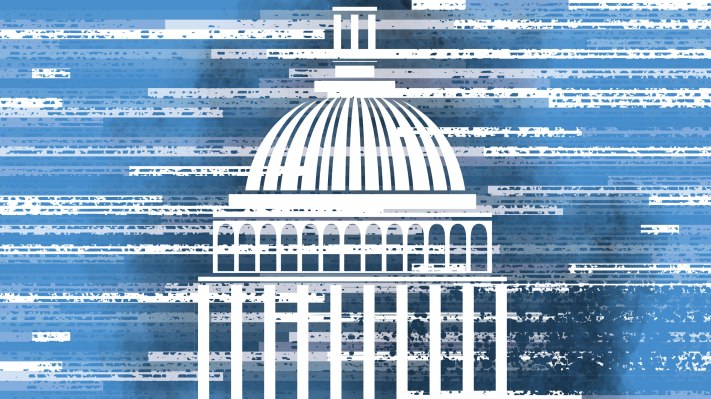The free and open internet as we know it is at risk.
Tomorrow, the Federal Communications Commission (FCC) will vote to initiate a process to repeal the strong net neutrality rules that have been in place since 2015.
These rules protect the internet as an open, decentralized, and level playing field, free from content discrimination. They ensure that you—not your internet service provider (usually your cable or phone company)—control what you can access online.
By proposing to take away the existing net neutrality protections, President Trump’s FCC is threatening to take away your ability to have free and open use of the internet. This proposal will have profound impacts on the way all of us watch movies, listen to music, do homework, talk to family, consult with a doctor, pay bills, and conduct business. Taking away these rules benefits no one except cable, telephone, and wireless broadband companies.
Here are three potential ways the internet will change for the worse without the FCC’s net neutrality protections.
First, your internet service provider would be able to create “fast lanes” for favored content, while leaving everything else in a “slow lane.” Big companies that rely on fast speeds for things like video streaming and cloud services will be able to pay for the fast lane. Small businesses and innovative companies will not.
This will significantly limit your choices and make “tech disrupters” rare, if not extinct. This will hurt farmers looking to create an online marketplace for their harvest, small retailers trying to reach new customers, new businesses providing services only possible online, and musicians trying to establish a fan base.
It will hurt your wallet too; companies that pay the toll for these fast lanes could transfer those costs to their customers, making you pay more for those services.
Second, your internet service provider could control where you can go online, rather than giving you full access to the internet. Just like cable television, they could offer you a “basic” internet package that limits you to specific websites or content. Then, they could make you pay for premium upgrades to access other sites or content, like video-streaming or gaming websites.
Finally, your internet service provider could even prevent you from accessing certain content, including particular websites, video streams, or social media platforms. This could limit people’s ability to use the internet for online organizing, block access to fundraising pages for certain issues, limit certain types of political views, or prohibit websites that criticize a company.
This does not have to be the future of our internet. We know what it’s going to take to protect net neutrality. We’ve won on this before. We can win again. And you will be hearing us speak out on this issue in the Senate and in every corner of the country.
A few weeks ago, when Republicans jammed a vote through Congress to take away your broadband privacy protections, there was no formal opportunity for the public to comment. Here, there is an opportunity for people to weigh in, because the FCC is accepting comments from the public. In 2014, millions of people commented on the FCC’s net neutrality proceeding and the overwhelming support for strong rules made a difference.
The internet has been a platform for tremendous social and economic opportunity since its formation.
Political empowerment, on-demand access to learning and entertainment, advances in digital devices that will change health care, the next Google or Twitter—all rest on a foundation of free and open access to the internet. The existing net neutrality rules protect this foundation and the connected society that we all enjoy. Don’t let the FCC take that away.
